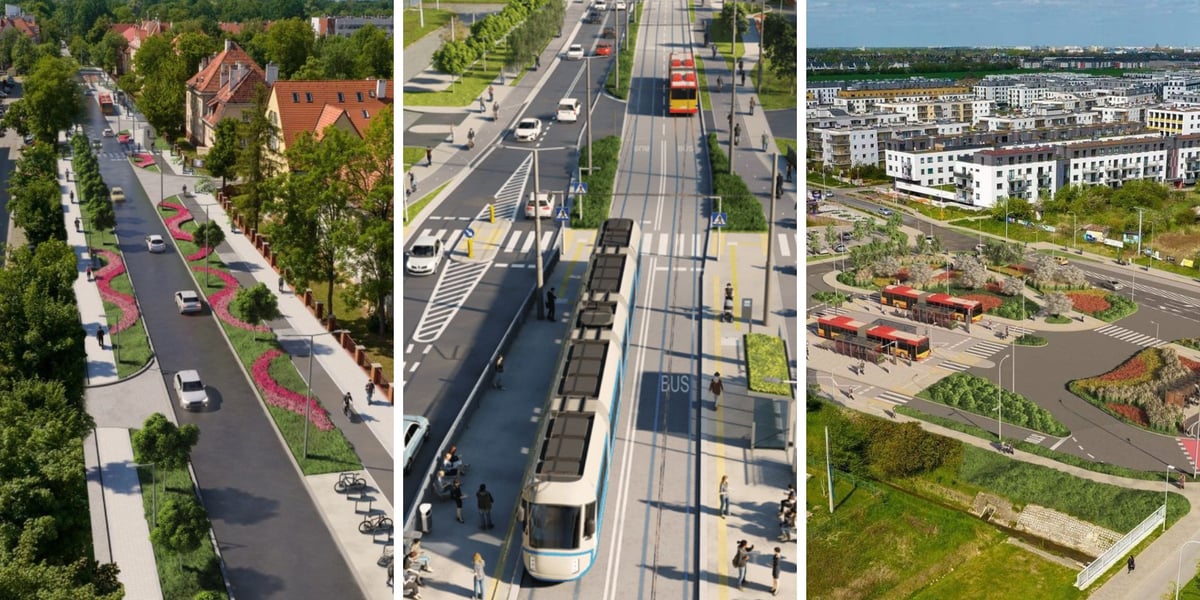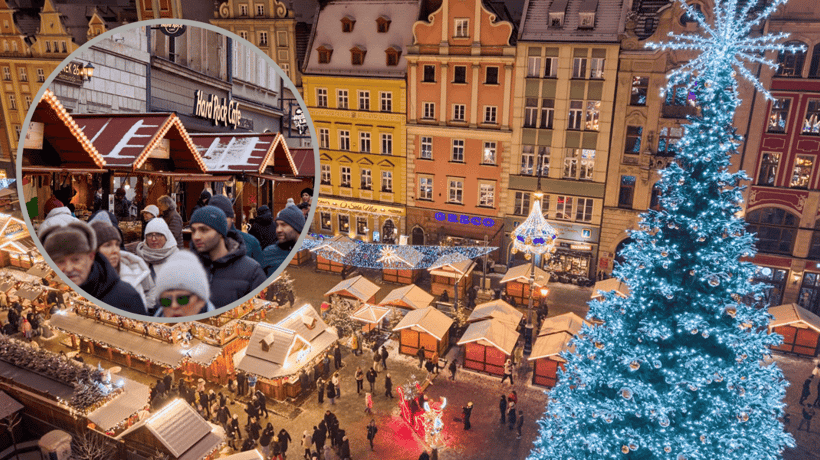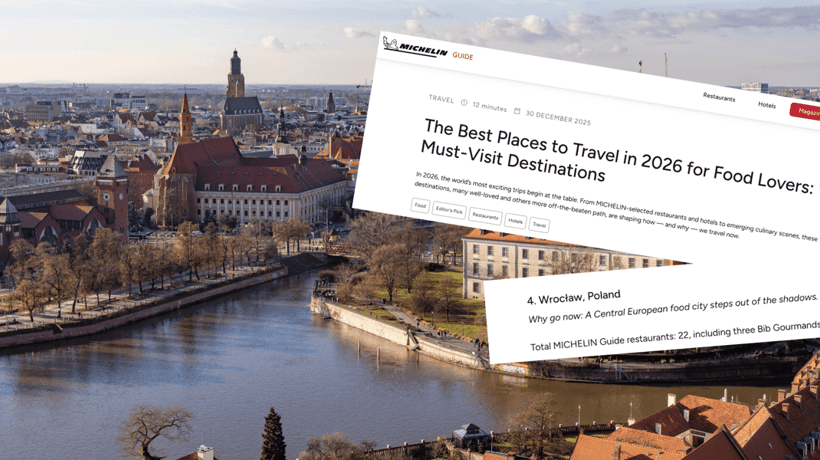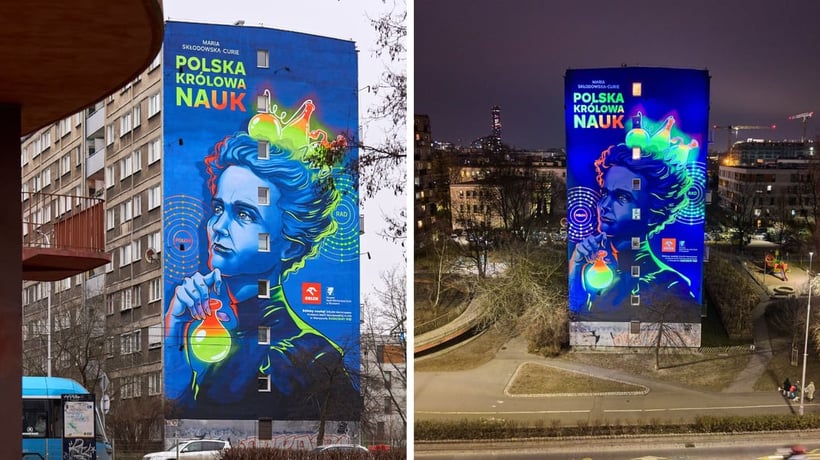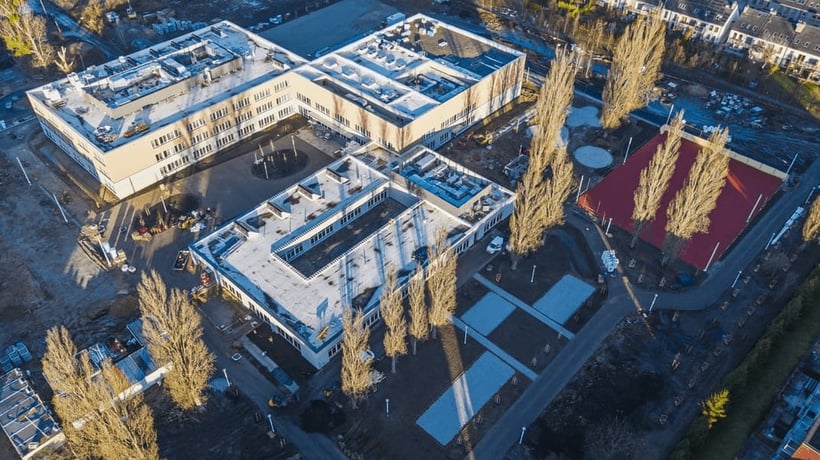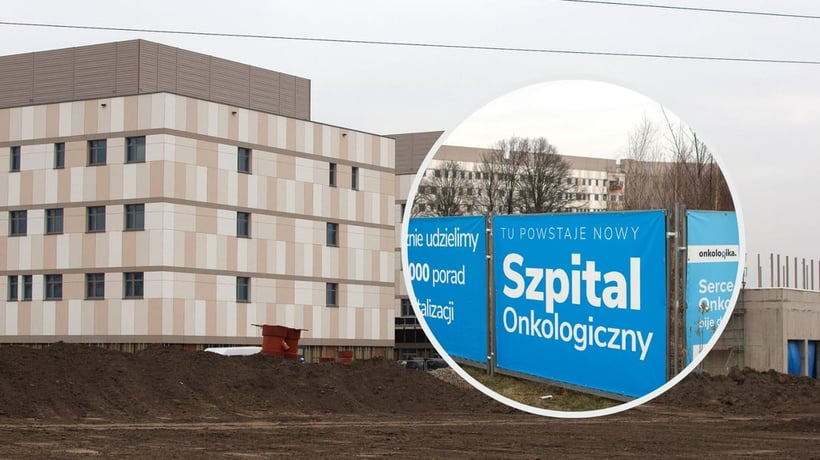If Wroclaw received the reimbursement of a part of expenses incurred on completed projects, it would have more funds to finance independently the projects for which it may not have enough time to apply, or for those that will end later than the period of settlement of money from the National Recovery Plan.
The National Recovery Plan is currently an urgent topic.
Most EU countries have used this money for a long time. Until recently, it was blocked for Poland due to its violation of the rule of law. However, the changes in legislation initiated by the new government have opened the trunk of EU money.
Poland created the National Recovery and Resilience Plan in order to receive money from the EU’s Recovery and Resilience Facility.
It is a special pool of funds created by the EU after the coronavirus pandemic in order to help EU economies recover after a few difficult years marked, e.g., by lockdowns.
The amount allocated to Poland totalled 158.5 billion PLN, including 106.9 billion PLN in the form of subsidies and 51.6 billion PLN in the form of preferential loans. These are the funds for various projects addressed to entrepreneurs etc., but many of them are available also to local governments.
The money from the National Recovery Plan should not be confused with the money from the Cohesion Fund that Poland has used since its accession to the EU. These are two separate pools that do not overlap. The Recovery and Resilience Facility is one, only and unique, contrary to the Cohesion Fund.
In the fourth budget perspective for the years 2021–2027, the amount of 350 billion PLN is allocated to the Cohesion Fund for Poland.
The funds from the National Recovery Plan are set aside for investments that started after 1st February 2020 and will end until 31st August 2026.
Thus, there are actually slightly more than two years left to finish and settle projects subsidised under the National Recovery Plan.
Investments from the National Recovery Plan – what does Wroclaw have an appetite for?
We have already heard about the majority of investments that Wroclaw constantly seeks funds for. The funding of these tasks would release funds in the city budget, which would help finance such tasks as:
- 400 million PLN – the Northern Avenue
- 230 million PLN – the tram to Maślice
- 100 million PLN – construction of the second roadway on Buforowa and the tram to Jagodno
- 45 million PLN – construction of the Borowska Hospital tram route
- 40 million PLN – reconstruction of Gajowicka Street
- 40 million PLN – reconstruction of Reymonta Street
- 21 million PLN – reconstruction of Koszarowa Street
EU subsidies for Wroclaw – the city goes green
For years, Wroclaw has focused on initiatives that will adapt the city to the climate changes. They will be supported with EU subsidies for:
- Green Arteries – greening of successive arteries of Wroclaw. Altogether, these are 15 streets, including Karkonoska Avenue, Jana II Sobieskiego Avenue, Bolesława Krzywoustego, Żeromskiego, Szczytnicka, Opolska and Krakowska streets;
- Green Lungs – the areas that can become a fresh air factory thanks to their potential;
- the Green Wedge of South – 60 ha of the forest and the park for inhabitants of Wojszyce and Jagodno. In addition, there are nearly 100 ha of places where the greenery will be planted or rearranged. They include Ługowina Park, Szczytnickie Gardens, Mieszczański Park, Idzikowski Park and Rdestowa Park;
- Renewable energy sources – every new municipal investment already takes account of photovoltaic installations and those that support stormwater management. For example, in the Wroclaw City Office at Bogusławskiego Street or in new nurseries at the stadium. The city wants to obtain funds for further investments of this kind.
EU subsidies for Wroclaw – will reimbursement work?
The municipality is undertaking a number of actions to acquire subsidies for already completed investments in the future. We can call it the reimbursement of a part of incurred expenses. Such an approach may meet with acceptance, as Poland may have too little time to make full use of funds from the National Recovery Plan.
This refers to the following projects and amounts:
- 300 million PLN spent on the replacement of furnaces (the subsidy would total 160 million PLN),
- 230 million PLN spent on the Great Island Avenue,
- 230 million PLN spent on the construction of kindergartens and schools,
- 80 million PLN of subsidy for the tram fleet already bought by the Municipal Transport Company [MPK],
- 50 million PLN spent on the modernisation of tracks,
- 30 million PLN invested in the construction of nurseries.
Trams for Wroclaw – the needs are huge
The new tram routes will remain unused if MPK does not purchase new trams. A few or several vehicles are needed to operate every new line. Apart from the aforementioned ones, the city is planning to launch a tram line to Psie Pole or Ołtaszyn and Klecina and to prolong the connection to Księże Wielkie.
When the last of the purchased Moderus Gamma trams arrives, MPK’s fleet will be enlarged with 46 new vehicles. 40 new Pes trams will replace the oldest Konstal 105 vehicles, but 40 double-car Chorzów vehicles will remain. They will have to be replaced with a new fleet, too.
The municipality plans to buy up to 117 modern trams for MPK thanks to the EU’s support. The fleet revolution involves the need to build a new depot – at least one at Żerniki.
MPK develops also zero-emission bus transport. After 13 articulated Mercedes electric buses that electrified the line K, it plans to purchase 21 further such vehicles and to expand the infrastructure for their charging. The new vehicles are to electrify the connection to the airport with lines 106 and 129.
EU subsidies vs. investments – how it works in the city
The city has income from local taxes and a share in PITs and CITs paid by inhabitants and companies operating here. The budget and the possibilities of indebtedness are limited, anyway, and the needs are many.
The EU’s support is crucial when we care about the pace and scale of changes. Every inhabitant of Wroclaw would appreciate good public transport, decent communication routes in and outside the centre, but also even streets and pavements near his/her place of residence. And a lot of greenery, a nursery, a kindergarten and a school nearby at that.
And, if at least some of these investments obtained subsidies on the level of one third of costs, the city would carry out three projects instead of two. And 30 projects instead of 20. If funding reaches 50 per cent, the city can do twice as much than when acting only by itself.
Thanks to the EU’s support, the city develops much more dynamically, but not only due to municipal investments. These are also soft social projects that encompass support for the elderly, the unemployed and the socially excluded. Companies also receive money for development, and EU funds help universities carry out their research projects or expand or modernise their facilities. Business and science contribute to the development of the city, and the developing city attracts entrepreneurs and scientists. It is a feedback.
It would be unjust to treat the EU like an ATM. Nevertheless, the Community assumes such a role willingly due to the idea of levelling the standards of living in various countries, regions and communes. The EU does not give money away – instead, it helps the weak catch up with the strong.
Presumably most of us are proud of Wroclaw, but if this pride does not result from blind love, we can see how much is to be done yet. Thanks to the presence of Poland in the EU, we can change the city for the better more quickly.
